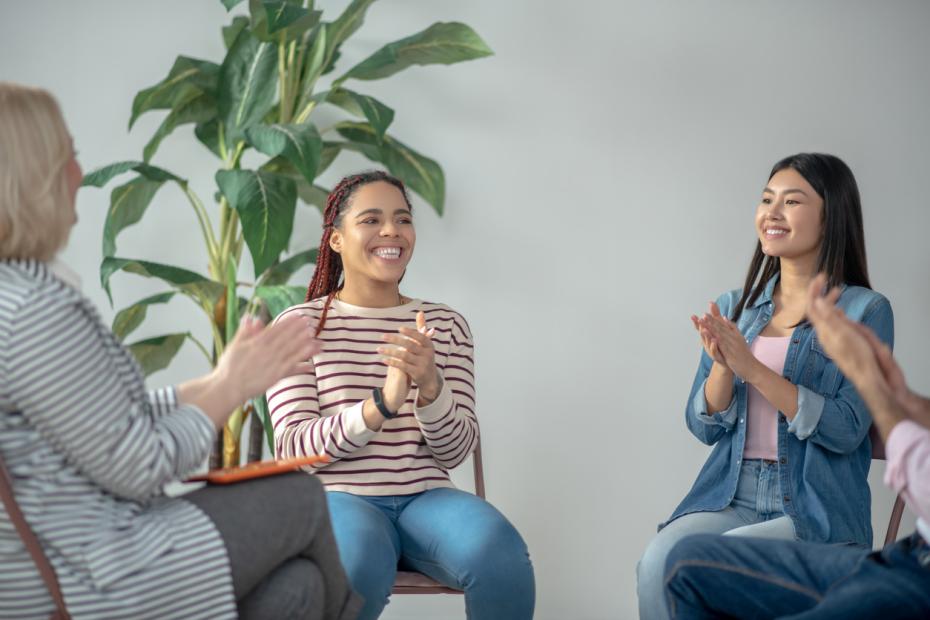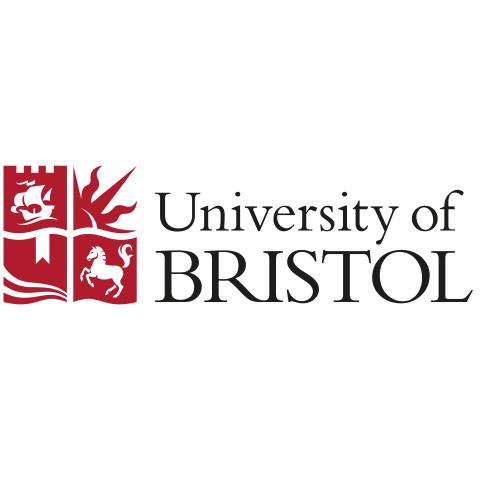
How can we encourage more prospective first-generation students to apply to university?
Reflecting on her experiences as a first-generation student and widening participation practitioner, Raeesah Ellis-Haque shares insight into how universities can ensure communications and outreach activities speak to prospective first-generation students
You may also like
Popular resources
I remember when it first dawned on me that teachers’ expectations of me did not match up to my own. Statistically, first-generation British Bangladeshis didn’t do so well in education. I couldn’t fathom it. It felt unjust that, because of my background, teachers didn’t expect me to do well. In fact, my efforts surprised them. When thinking about first-generation students, the sector must recognise and remember that they are people, not just statistics, and that their experiences and perceptions of themselves might differ from the sector rhetoric.
When planning widening participation activities that speak to prospective first-generation students, we first need to ensure that we do not fall into the deficit model trap that focuses on the have-nots (parent/carer expertise and access to certain resources) rather than the haves (familial support, determination and resilience). So, what are some tangible takeaways?
Intersectionality is important
It’s wrong to consider first-generation status in a vacuum. Prospective first-generation students have other characteristics that combine to make them who they are. So it’s important, when planning a widening participation activity, to consider other elements when assessing someone’s suitability. At the University of Bristol, we are transparent about the criteria we use when selecting participants for outreach activities and the reasons behind them. This might include whether a student is or has been eligible for free school meals, is from an area of low progression to higher education, is from an ethnic background that is under-represented at our institution as well as if they are a prospective first-generation student. It is important to consider the whole student and their experiences and expectations.
- Resource collection: Here to help: the key tenets of student support
- Four ways to make support for student well-being comprehensive and inclusive
- A whole-campus approach to boost belonging for student success
Include key influencers
Family members have a huge influence on prospective first-generation students’ decisions on whether to apply to university. We can separate these key influencers into two camps: those who question the need for higher education and those who instil the expectation of attending university without any first-hand experience of it themselves. Both groups benefit from receiving information and guidance. This might look like:
- A widening participation activity such as an introductory session on a summer school programme that puts parents or carers at ease with the application process and higher education terminology.
- Adding parents or carers to communication lists so they are kept updated by the university at key moments during the year.
These present opportunities to empower key influencers to support their children and to learn more about the benefits of university.
Factors to consider when planning a widening participation activity
An effective widening participation activity should give prospective students a real feel for life at university through a combination of academic sessions and social activities. When deciding what social activities to include, it’s important to think about what would make students feel most at ease and foster a sense of belonging. It can be useful to consider the following questions:
- Does your activity showcase societies or student groups that are reflective of what’s often available at (state) schools? Are they financially accessible? Think lacrosse versus netball, for example.
- Does your activity reflect the lived experience of your students? For example, is a gowned, formal dinner representative, or might it alienate prospective students?
- Has your activity been co-created or led by current students who identify similarly to the cohort you’re trying to engage with? This will make your activity more authentic and empower current students to lead on positive change.
Champion accessible and transparent communications
Communications between prospective students and their supporters need to be as accessible as possible to ensure that prospective students can make informed decisions.
Knowledge should not be assumed. The sector is full of acronyms (Ucas, BA, BSc, EFL, to name just a few). Let’s not alienate the audiences that we want to engage.
Be transparent. Honesty plays a huge role in helping prospective students make informed decisions about whether to apply. At Bristol, we’re aware we are not where we want to be in terms of the proportion of new intakes who identify as black and Asian. We’re honest about this and share real accounts from current students, while highlighting where we want to be in the future and how we aim to get there.
Through considered communications and widening participation activities, we can build belonging and demystify university study among prospective first-generation students. The key to this is to be conscious of intersectionality and to be aware of the tenacity that these students bring to our institutions.
Raeesah Ellis-Haque is the widening participation manager at the University of Bristol.
If you would like advice and insight from academics and university staff delivered direct to your inbox each week, sign up for the Campus newsletter.




